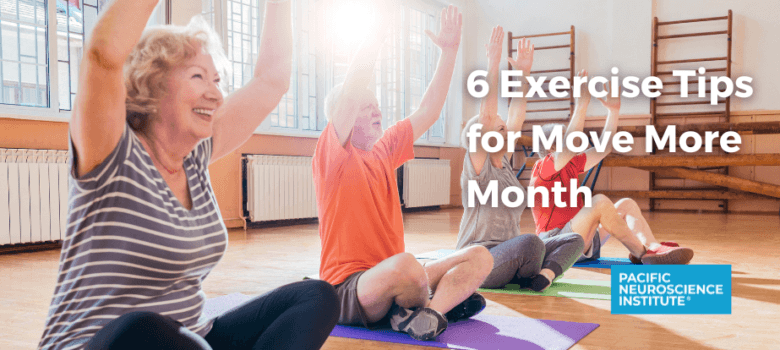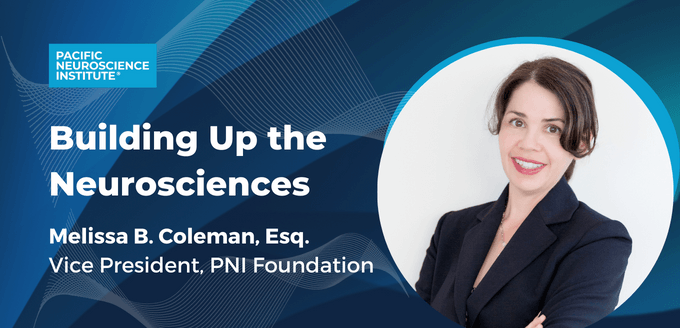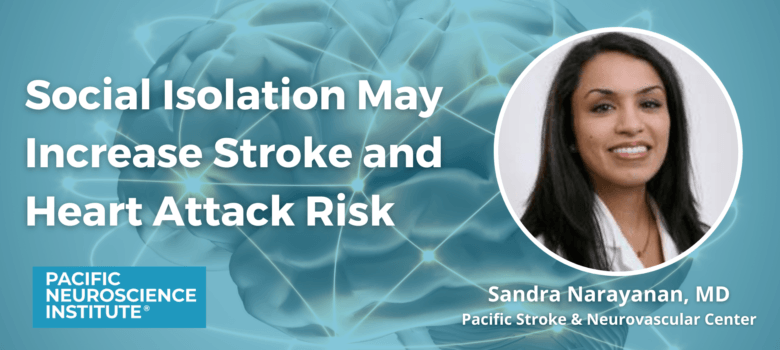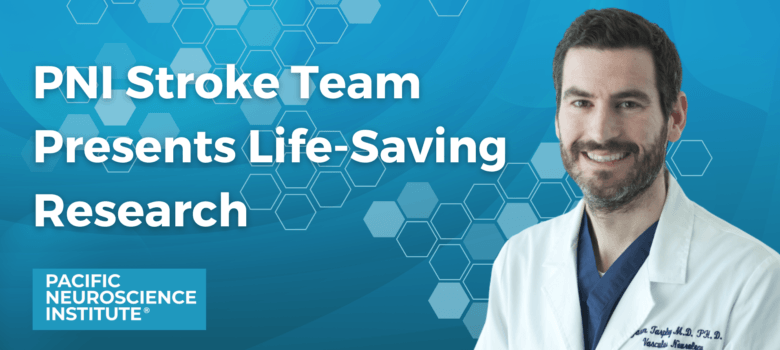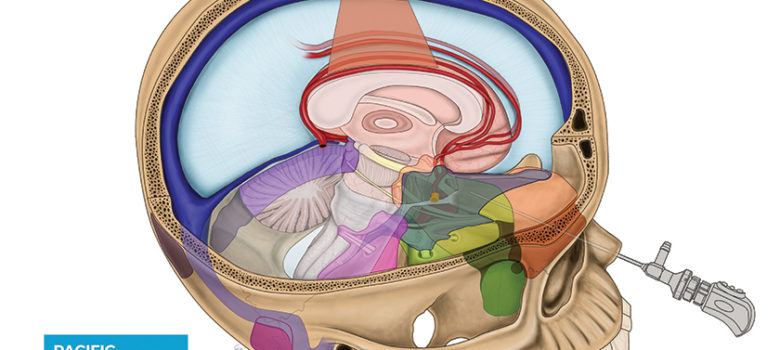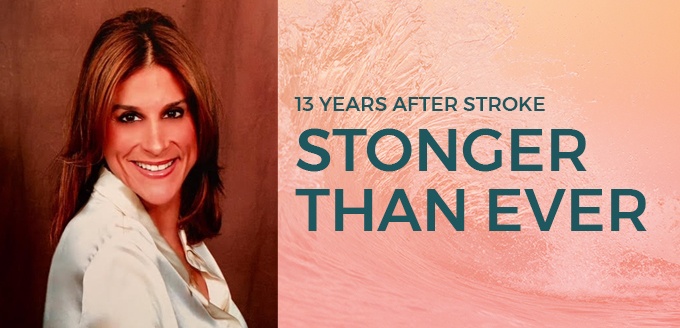
Blog
23 Years of Remission: A Cushing’s Patient Shares Their Story
by Sharmyn McGraw
Sharmyn McGraw, a patient advocate at Pacific Neuroscience Institute, reflects on 23 years of Cushing's remission after treatment at the Pituitary Disorders Center. Learn more about PNI’s Pituitary Patient Support Group, the longest-running support group of its kind in the country, which celebrates 22 years of providing patient support and education.
6 Exercise Tips for Move More Month
by Amelia Garrison
Being active is a great way to maintain our physical and mental health, but did you know that exercise can also improve neurodegenerative diseases and promote overall brain health? Discover tips for incorporating physical activity into your daily routine with experts from Pacific Neuroscience Institute (PNI) for Move More Month in April.
How To Embrace Healthy Living: National Nutrition Month
by Brianna Rauchman
March is National Nutrition Month, and the perfect time to make mindful changes that promote personal health and sustainability. Elevate your current and long-term vitality while reducing your carbon footprint with these 6 simple and effective steps.
PNI Foundation VP Melissa Coleman Builds Up the Neurosciences
by Amelia Garrison
With nearly two decades of nonprofit management and fundraising experience, Melissa B. Coleman, Esq, Vice President of the PNI Foundation (PNIF), is an expert at building programmatic research teams in support of neurosciences.
Social Isolation May Increase Stroke and Heart Attack Risk in Older Adults
by Amelia Garrison
Social isolation, characterized as infrequent interaction with others, may increase the risk of stroke and heart attack in older adults. Neurointerventional surgeon Sandra Narayanan of the Pacific Stroke and Neurovascular Center, explained.
Improving Stroke Diagnosis: PNI Stroke Team Presents Life-Saving Research
by Guest Author
Director of the Pacific Stroke and Neurovascular Center, Jason Tarpley, MD, PhD, presented how AI-based gaze deviation detection could aid LVO diagnosis in NCCT at the Society of NeuroInterventional Surgery's (SNIS) 19th annual meeting in Toronto, 2022.
Foods That May Prevent Dementia
by Guest Author
Pacific Brain Health's Director of Geriatric Cognitive Health, Scott Kaiser, MD, discusses the foods that may prevent dementia and cognitive decline.
Largest Study of Brain Tumor “Keyhole” Surgery for Meningiomas
by PNI Experts
PNI surgeons demonstrate outstanding outcomes with minimally invasive keyhole surgery for meningioma brain tumors, in groundbreaking 13-year study.
Robotic Pets Provide Comfort to Dementia Patients
by Amelia Garrison
A donor-funded program at PNI's Pacific Brain Health Center in Santa Monica offers robotic pet therapy for dementia patients.
Stroke Survivor Leads Stroke Support Groups
by Zara Jethani
Pacific Stroke and Neurovascular Center 's patient support group leader Dana Rivera celebrates her 13th year post-stroke and talks about her journey from devastation to success.
Last updated: August 17th, 2022

